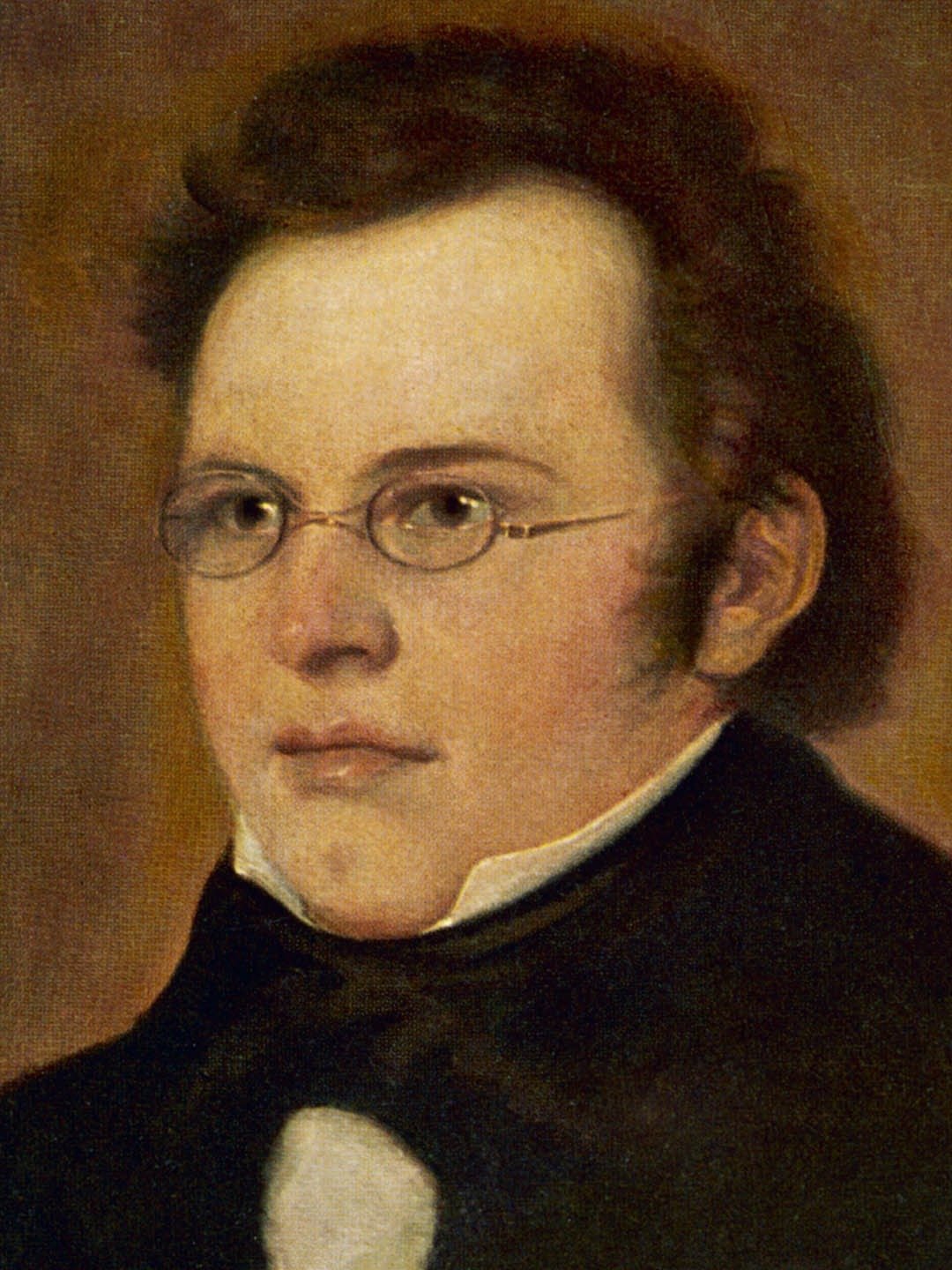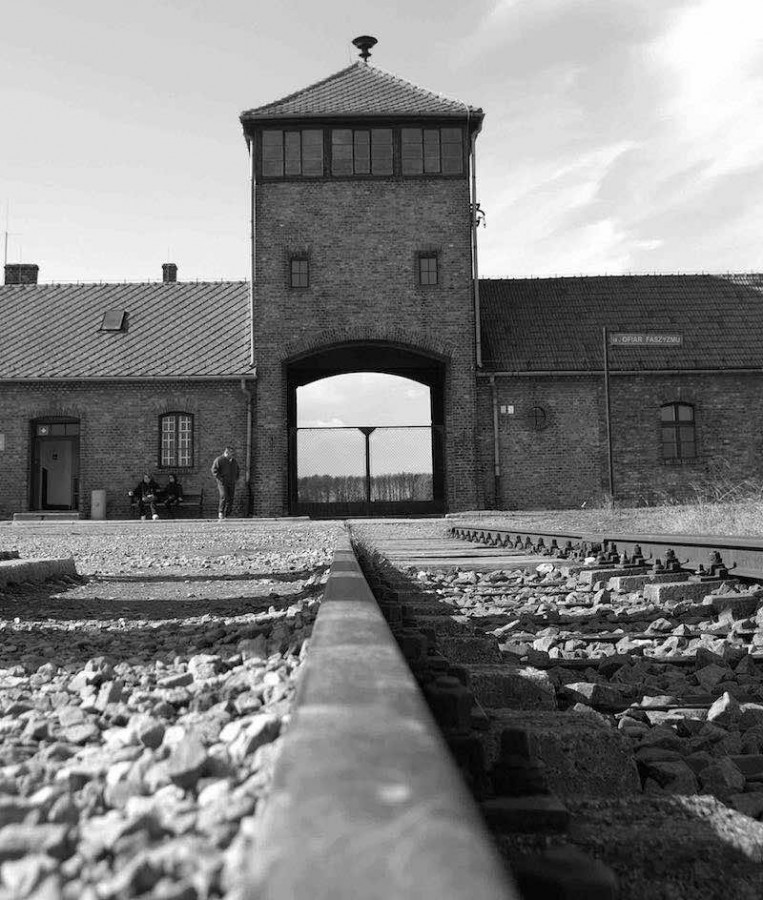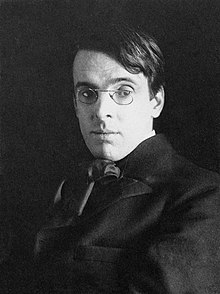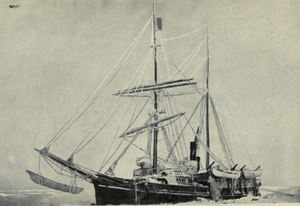
Not as well known as Mozart, whose birthday we remembered a few days ago, Franz Schubert was nonetheless one of the most remarkable musicians in Western history. Immensely productive and profoundly creative, Schubert wrote some of the most ethereal and haunting melodies of all time. We listen to his music and feel transported, lifted above what is earthly and material, moved into transcendence. Today, January 31, is Schubert's birthday.
Schubert's music gives us pause. If music only told us what we already know, we probably wouldn't get as much out of it as we do. We do not need to be reminded of what is obvious and normal. We rather need to be encouraged to ponder what is beyond the apparent, what breaks down the seen, what splits the visible apart. We want to know what we, at the moment, cannot.
And this is what Schubert's music does. Descending into the darkest recesses of his soul, Schubert talks to us about the deepest mysteries of existence, how we walk in a wisp, a gossamer veil stretched between us and the other side of time. He romanced eternity.









